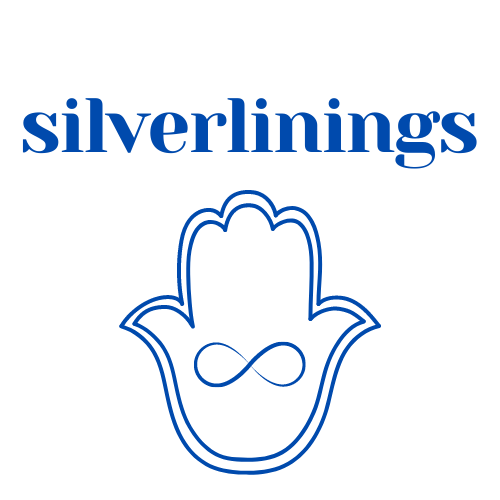Top five reasons why Neurodivergent unmasking sucks… and why you should do it anyway
Growing up as an undiagnosed Autistic and/or ADHD kid, you learn a thing or two about how to fit in, seem “normal” and avoid upsetting others. Take me for example; I figured out that speaking blankly was “blunt” therefore rude. I learned that people who don’t sit still get called out by the teacher. I learned that smiling was necessary to be perceived as nice.
Fitting in can feel like (or actually mean) life or death to some children.
If you were diagnosed with Autism and/or ADHD as an adult you know that this list only scratches the surface of the constant negative messages received in a lifetime, but especially in childhood. These messages impact us during a time when we are forming our identities, therefore the ways we cope become part of who we are into adulthood.
Masking is a term widely used to describe the inauthentic mask many neurodivergents wear to try to gain acceptance and love from others. The mask we develop in childhood is based on social norms related to gender, culture, socioeconomic status, etc. Our ability to mask depends on the inborn skills we posses to mask parts of us: Many Autistics and ADHDers aren’t able to mask and are forced to face the consequences of being different.
Part of Neurodivergent Affirming Therapy (NAT) involves recognizing our how our masks show up and learning to accept ourselves so that we don’t need to wear the mask so much. One one hand, unmasking can be liberating and can free up more energy to be our true selves. On the other hand, it leads us to have to face some harsh realities.
Here are the five reasons why Neurodivergent unmasking suck:
THERE’S A REASON YOU CREATED THAT MASK. Like it or not, the mask helps you blend in and move a little easier through the world. Unmasking creates many different scenarios that you were avoiding with the mask. You will be judged for your awkward social interactions. You will be judged for wearing headphones at work. You will be judged for not smiling enough. Unmasking opens you up to judgement from friends, family and strangers who find your previously hidden neurodivergent traits off-putting.
You will need to find new ways to motivate yourself. You probably used some level of self flagellation to motivate you to do the things that never came naturally. Unmasking and accepting yourself means that the negative self talk isn’t there to push you to keep better track of time or pretend that you care about what someone is talking about. You will now need to figure out a new way to maintain relationships, a home and careers.
You will be confused A LOT. Masks are usually developed in the context of social and emotional rules that you observed. As Neurodivergents, we are prone to seeing the world in terms of rules that decide how situations are supposed to be handled. As a child (and even as an adult), understanding and following rules kept you safe from negative interactions with others. When you begin to validate your own experiences, you realize that you might not want to continue following these rules and it can leave you feeling rudderless and confused about how YOU want to behave and feel in any given situation.
You will need to constantly correct course. Unmasking is HARD! Lifelong patterns of pretending, appeasing and suppressing yourself are ingrained into the fibers of who you are. You may realize only in retrospect that you spent an entire evening masking with people you trust. It is truly that hard to change the tendency to protect yourself with your mask.
You will have no idea of who you are. This is the biggest and scariest consequence of unmasking. The masking that started in childhood prevented you from being able to develop your individual identity based on what you knew about your likes, dislikes, strengths and weaknesses. Your identity developed in response to what you believed was expected of you and caused you to focus outward instead of in. It can feel overwhelming to be faced the dark hole that is left when the mask is lifted.
Seems pretty bleak, right? WRONG!
Yes, unmasking sucks, especially at the beginning when there are so many unknowns. But the payoff will exceed any negative consequences. The freedom to be able to care for yourself, accommodate yourself and communicate authentically will release so much of the energy you have used masking.
Intential masking is not an either/or decision.
There are situations in which masking is in your best interest and that’s ok. The difference is that when you choose to mask, you are doing it for a specific time frame or area of your life. Choosing to mask creates an internal knowing of who you are and not who others expect you to be.
Unmasking gives you a chance to learn who you are, who you want to be and how you want to live your life.
You have an opportunity to decide who you can trust with your authentic self. You can meet others who share similar interests and communication sty;les. Unmasking lets you connect with people you care about in a deeper way than you ever imagined. Thankfully the conversation about neurodivergence is growing in many places. This gives us an opportunity to be validated for who we truly are and not how well we wear our masks.
